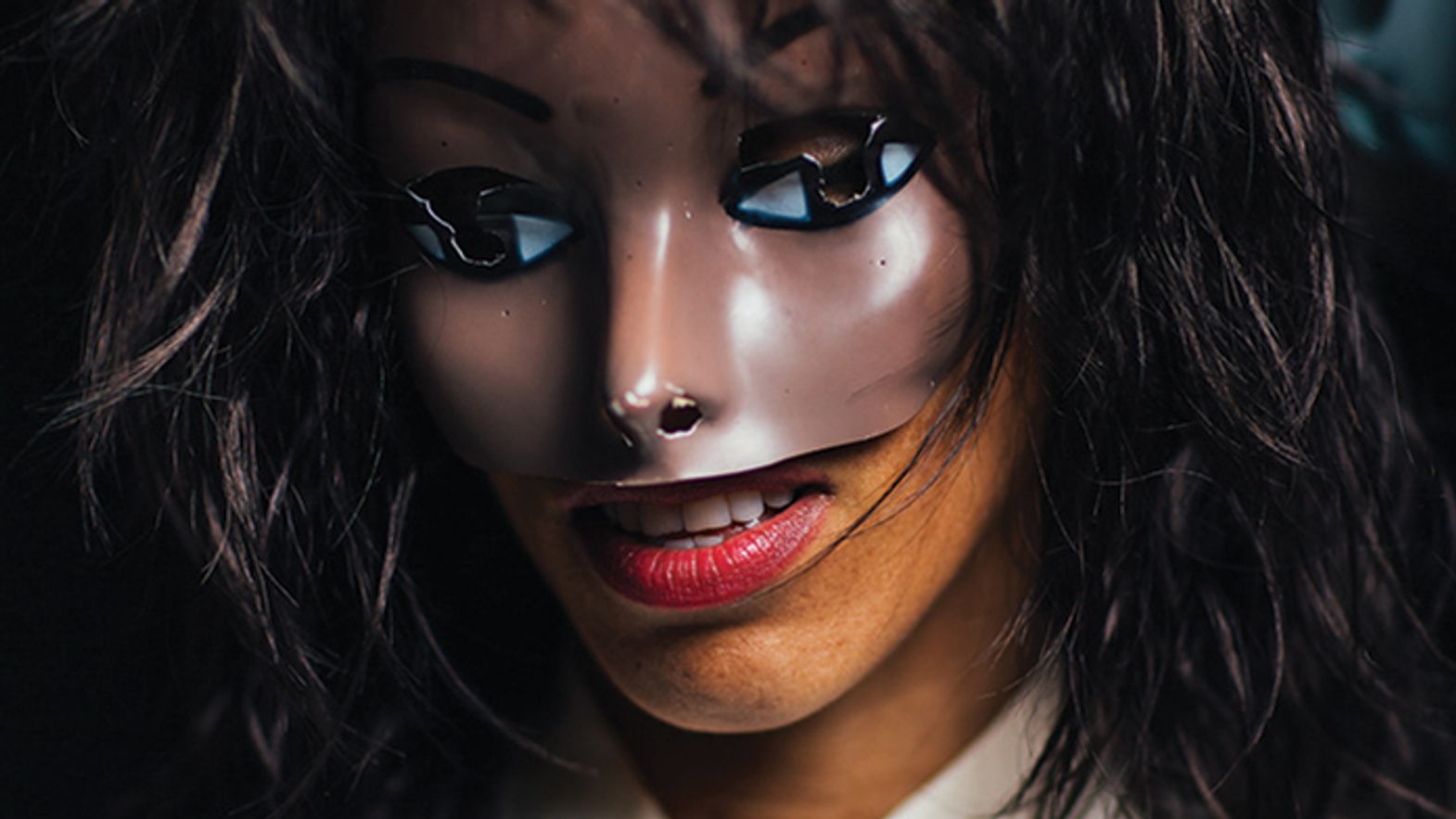In addition to addressing the trauma of losing your mother, your film goes back through your family tree to show that every branch suffered traumas related to identity – ethnic, religious, sexual – whose repercussions bled into your art. If trauma has been a guiding force in your work, does the work itself have a therapeutic dimension?
Yes I agree with this insight that the traumas of my family are a part of my being and therefore are expressed directly and indirectly in my art. I do feel there’s a therapeutic dimension and I think this is one of the main reasons I remain so committed to the process of making my work. In order to make the film itself I had to look deep inside myself not only to remember the family stories that my mother had told me but also to understand for myself how my family history and of course how my relationship with my mother shaped me and my work. That process itself was a form of advanced therapy. Indeed some of the recorded interviews with me in the film were actually from sessions with my own therapist who my mother and I started working together with at the end of her life.
I feel so deeply and succinctly the pain of existence, of being alive, of loving and losing, of coming and going. Ever since I was a child I turned to art and to working with my hands as a source of comfort and I continue to do so to this day and will indefinitely. As we all know, life offers no shortage of events and circumstances around which we need comfort.
Your mother’s death emerges as a primary factor that led to the making of this film. The closing credits reveal that she died in 2012. Did you already know then that you wanted to make a documentary about it, or what happened since that convinced you to do it?
In 2011, in what ending up being the last six months of my mother’s life I began making the Organ Player theatrical piece. At the time I didn’t think of the piece as being related to my mom’s declining heath and about my life-long relationship with her. However after she died I knew that even just because of the timing of making that work, it must have had everything to do with my processing the reality of losing her. And so when I conceived of the film, I know I would want to re-mount that theatrical work and capture it for the camera and use it as the foundation for the story the film tells. Also, in the few years after my mother’s death, after i got my footing, I realized in retrospect that I was looking for a way to continue to collaborate with her and I do see this film as part of my ongoing collaboration with her. And I wanted to honor her and my dad’s lives and to record the family stories before I forgot them.
In your previous work, autobiographical elements were usually treated in a coded manner. What motivated you to take a more direct approach with this film?
My original concept for the film was more coded – I was not the one delivering the voice-over, there was less content about both my work and my family, and there were fewer pictures. That version of the film was not as powerful and authentic as I knew the film could be and I was determined to do whatever it took without crossing the integrity of my Narcissister project to make the film work. So even though my character never speaks, I was willing to let the interviews with me (that were originally taken exclusively for the purpose of gathering content) become the main narrative of the film. And we found a creative solution for showing me in the family photos without really revealing me.
Exposing yourself is central to your art, but here you also explore intimate aspects of other people’s lives, especially your parents’. How did you approach this dimension, did you set yourself limits?
What limits would I have set in exposing intimate details of my parents’ lives and why would I want to set limits? I know they would have trusted me to tell each of their stories with integrity. And I believe in the end I did. I/We have nothing to hide and I think this is what makes the film so relatable to people, the fact that it’s raw and real and exposes the reality that was unique to my family life and history without holding back.
Three years ago, Chantal Akerman premiered No Home Movie here in Locarno. There are parallels between your two films, like the home videos of your mother that your brother shot. Was Akerman’s film a reference or influence for you?
I love that Chantal Akerman film and I am honored that you have brought it up in the context of my own film. I did watch it when I was working on my film. Her work along with Agnes Varda’s and a few others films – one called Vessel about Women on Waves founder Rebecca Gomperts and another called Jonna’s Body, Please Hold were also great sources of inspiration. I am an artist though, film has not been my world so the majority of my references came from visual art and performance. And of course from my family whose stories and energies will provide a lifetime of inspiration and issues – both difficult and easy – for me to look to my art to process.
Narcissister will meet the public of the Festival during the Locarno Talks la Mobiliare on the 9th of August at the Spazio Cinema.
